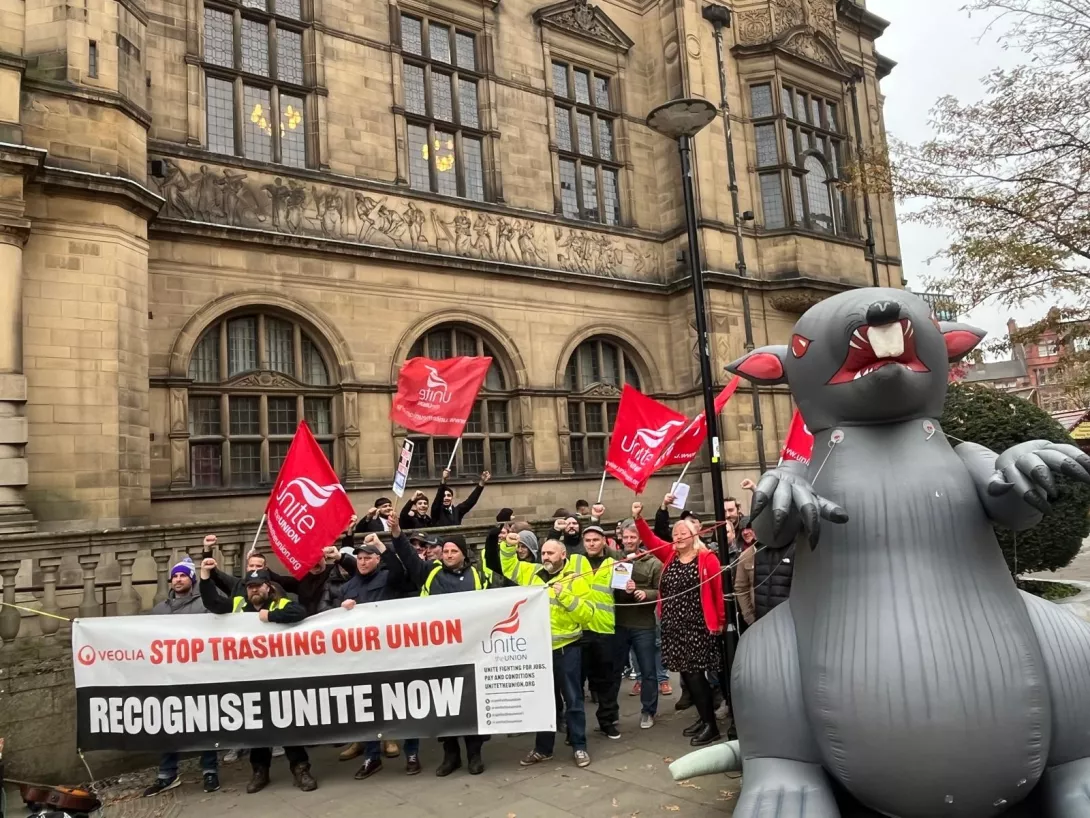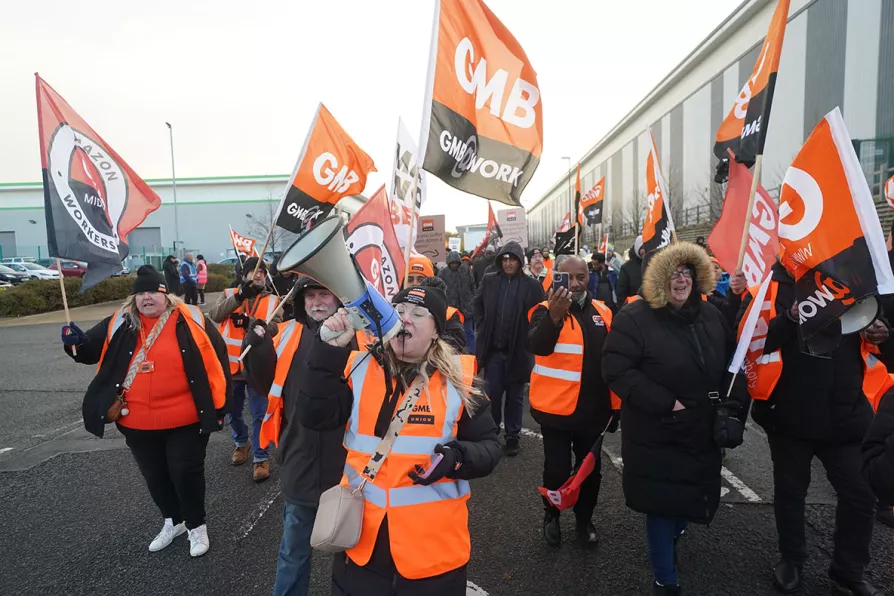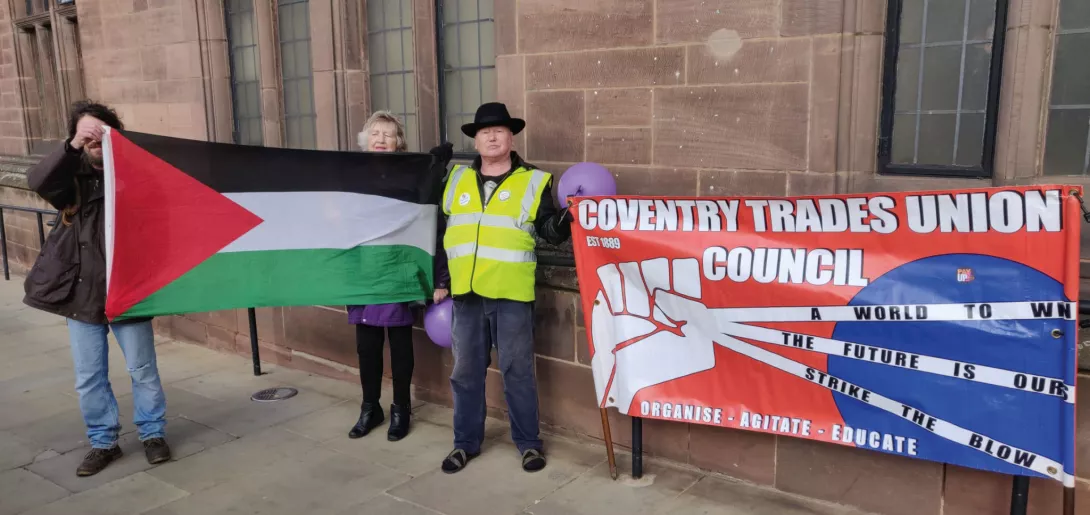Striking refuse workers can hold their heads up with pride
PHIL STREET takes a look at the Coventry and Rugby disputes, where expectations to work longer and longer hours pushed bin workers to breaking point – and explains why they deserve our full support
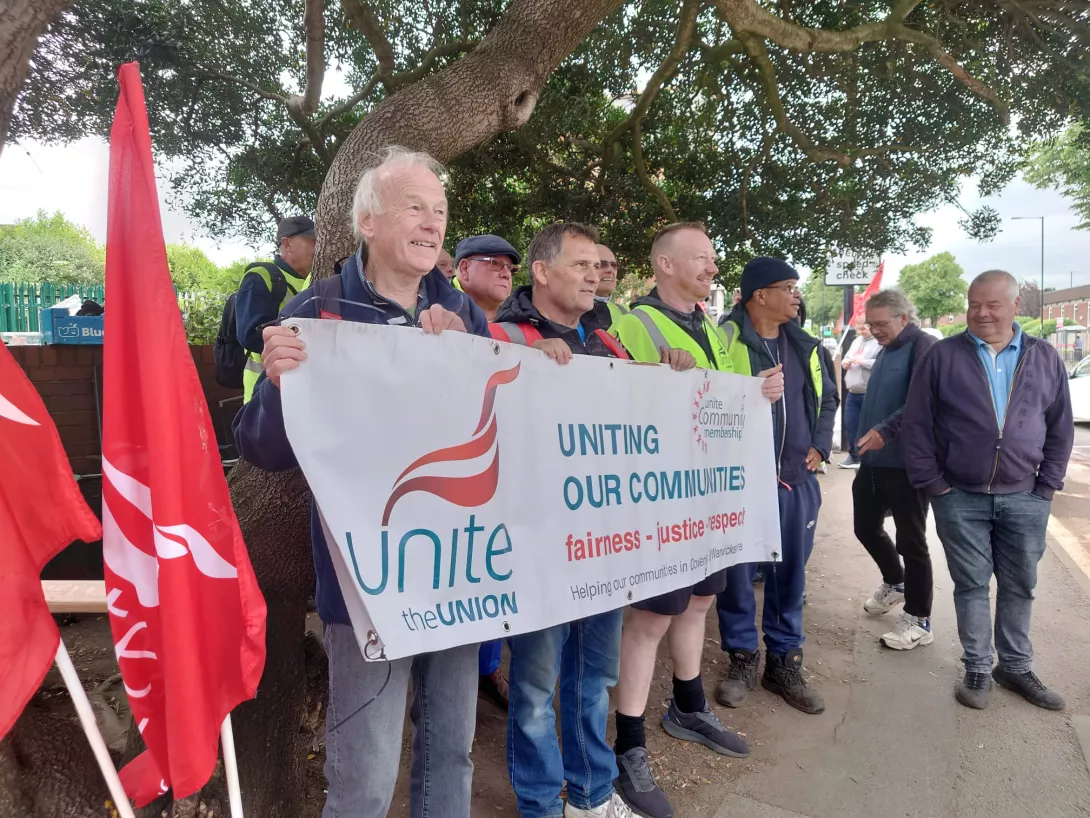
WITHIN Coventry and Warwickshire, two acrimonious disputes are taking place involving refuse workers who are members of Unite the Union and their local government employers.
In Coventry, the bin lorry HGV drivers have now entered their 21st week of strike action, after coming out on a wintery January 5.
In Rugby, the refuse drivers, carriers and street cleansers took strike action starting on April 26, originally for two weeks, but management intransigence led to the strikers extending the dispute until at least the middle of June.
More from this author
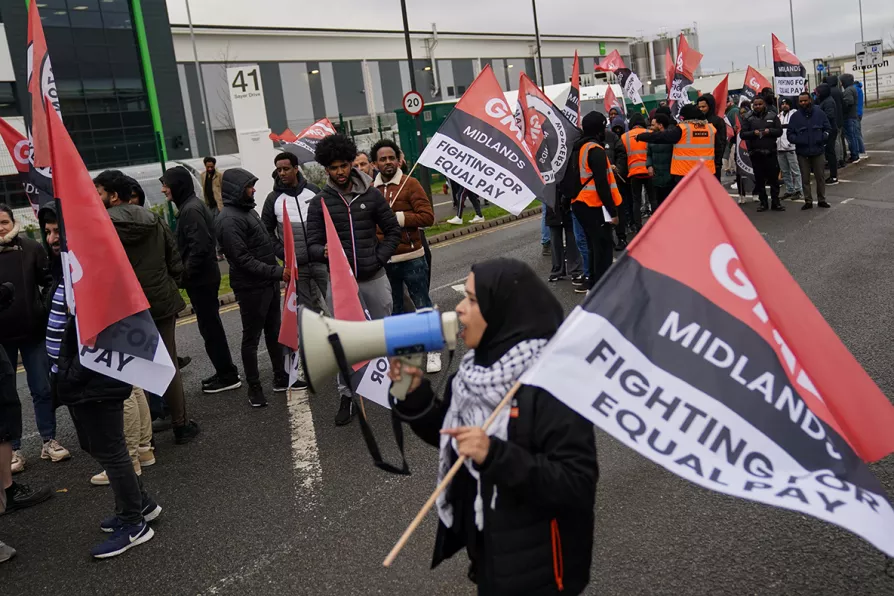
Despite falling short of union recognition, workers’ courage and community solidarity have set a powerful precedent for organising in hostile environments, argues PHIL STREET
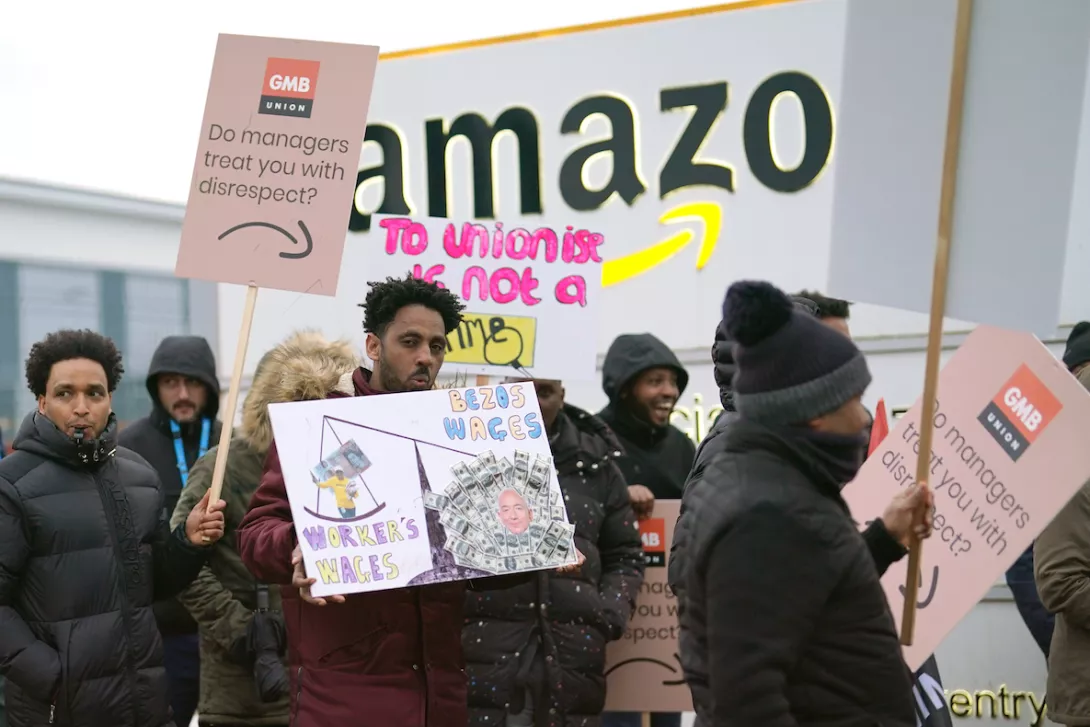
PHIL STREET talks to some of the Coventry strikers marking one year of struggle for decent pay against one of the world’s most notorious employers

Workers have started a week-long strike at the notoriously anti-union multibillion-dollar company’s Coventry warehouse. PHIL STREET reports
Similar stories

Despite falling short of union recognition, workers’ courage and community solidarity have set a powerful precedent for organising in hostile environments, argues PHIL STREET










